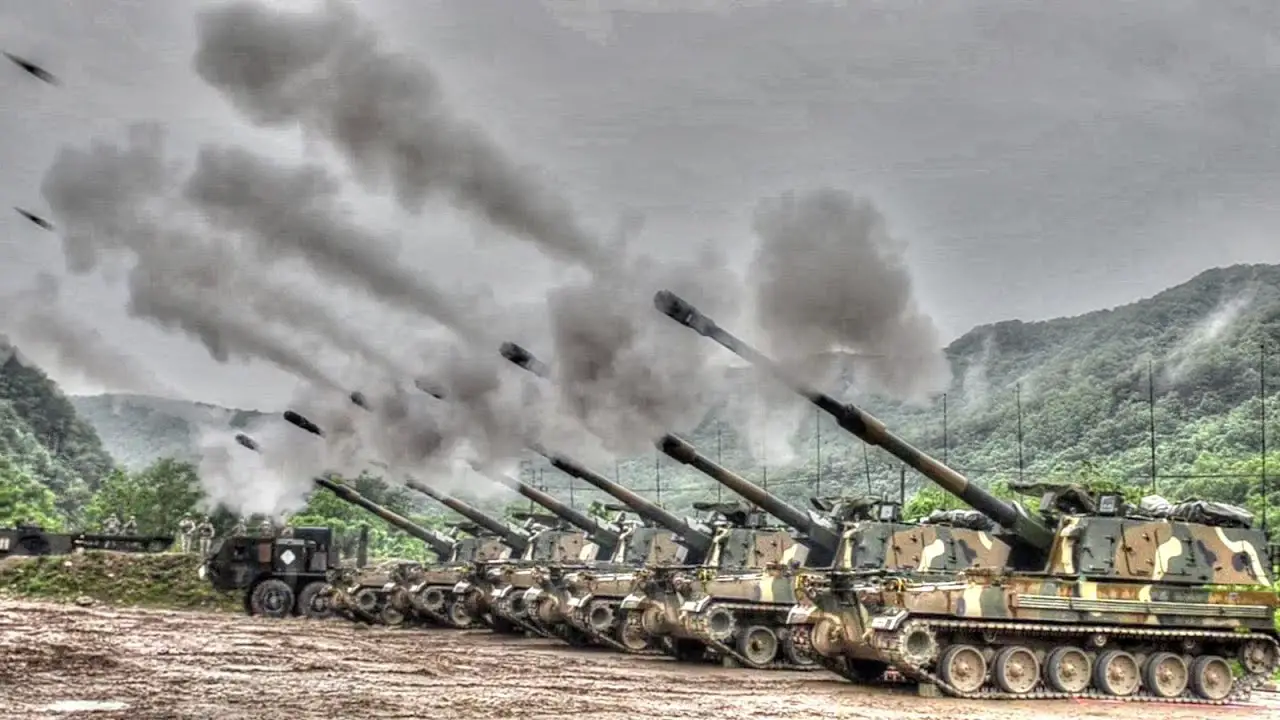South Korea’s news agency Yonhap reported that South Korea on Tuesday signed a contract to sell K9 self-propelled howitzers to Egypt in a deal worth over 2 trillion won (US$1.65 billion). South Korean Arms Procurement Agency said, marking the artillery system’s first entry into the African market. The deal includes the production of K9s in Egypt and a technology transfer, according to the Defense Acquisition Program Administration (DAPA). Hanwha Defense, the South Korean manufacturer, and Egypt’s defense ministry inked the largest K9 export deal in the Artillery House, a military facility in Cairo, capping more than 10 years of on-again, off-again talks.
“It is an achievement made through a combination of technological cooperation, collaboration in terms of localized production and pan-government support, which goes beyond just the transactional relationship between the two nations,” Defense Acquisition Program Administration chief Kang Eun-ho was quoted as saying.
The DAPA did not elaborate on other details, including when and how many K9 howitzers will be supplied to Egypt. The deal will make Egypt the eighth foreign country to adopt the K9 system. The other countries that have chosen the system are Turkey, Poland, India, Norway, Finland, Estonia, and Australia. The signing followed last month’s summit between President Moon Jae-in and Egyptian President Abdel Fattah el-Sisi in Cairo, which the DAPA said helped create much-needed momentum for the conclusion of the deal. The DAPA and Egypt’s defense ministry also signed a separate memorandum of understanding on bilateral cooperation in defense research and development.
The K9 Thunder is a South Korean 155 mm self-propelled howitzer designed and developed by the Agency for Defense Development and Samsung Aerospace Industries for the Republic of Korea Armed Forces, and is now manufactured by Hanwha Defense. K9 howitzers operate in groups with the K10 automatic ammunition resupply vehicle variant. The entire K9 fleet operated by the ROK Armed Forces is now undergoing upgrades to K9A1 standard, and a further development of a K9A2 variant is in process. Currently, more than 1,700 K9 variants are said to be in service in such countries as Turkey, Poland, Finland, India, Norway and Estonia.















